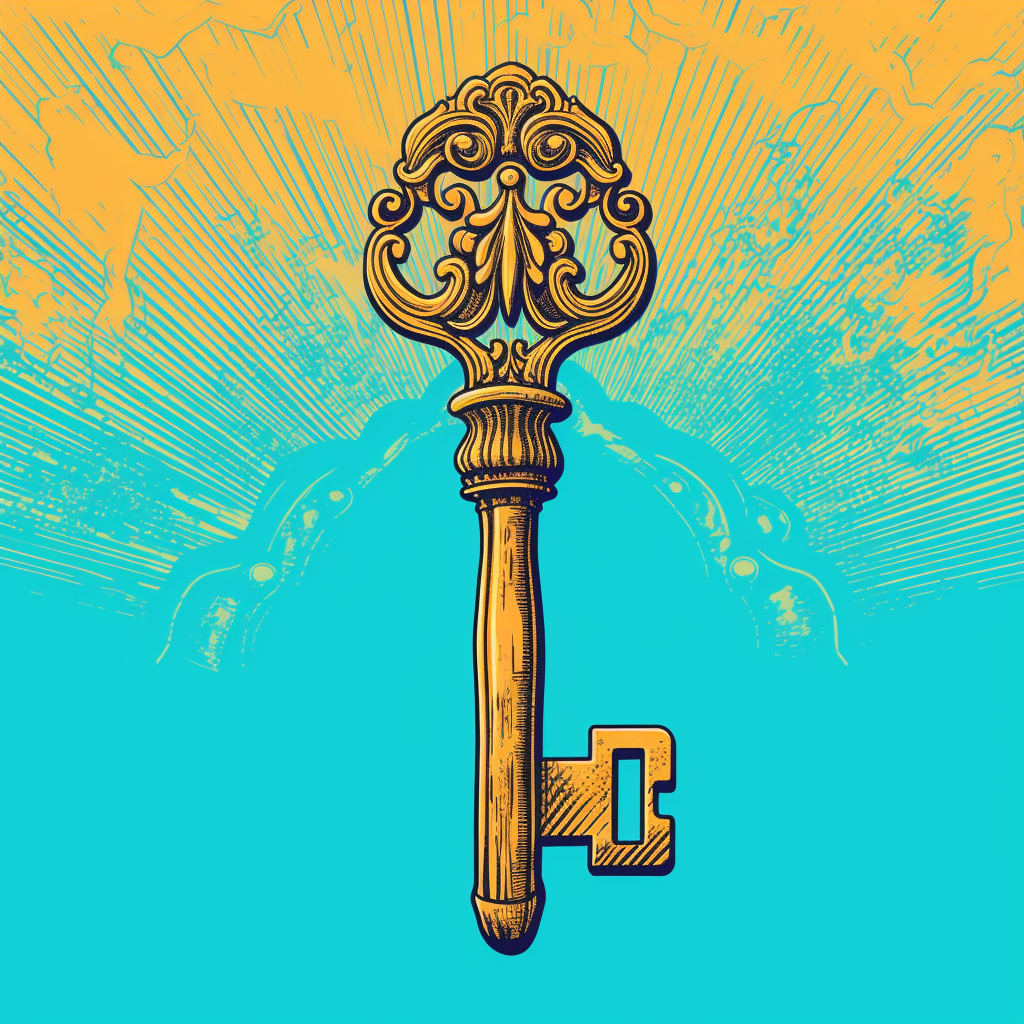“The Merchant of Venice” by William Shakespeare is a classic play that explores themes such as love, friendship, and justice. The play centers around a wealthy merchant named Antonio, who borrows money from a Jewish moneylender named Shylock. When Antonio is unable to repay the loan, Shylock demands a pound of Antonio’s flesh as payment. The play raises many ethical and moral questions, and there are several lessons that we can learn from this story. In this blog post, we will cover the top 10 lessons from “The Merchant of Venice.”
“if you prick us, do we not bleed? If you tickle us, do we not laugh? If you poison us, do we not die? And if you wrong us, shall we not revenge?”
Shylock, Act III, Scene I
Lesson 1: The Consequences of Greed
The first lesson we can learn from the play is about the consequences of greed. Antonio borrows money from Shylock, but he is unable to pay it back, leading to his entanglement with Shylock’s desire for vengeance. Antonio, a wealthy merchant, was already greedy for wealth and was willing to borrow even more to finance his business. His desire for gain blinds him and leads to his downfall. The lesson we can learn here is that greed can lead to unintended consequences and ruin one’s reputation.
Lesson 2: The Power of Revenge
“The Merchant of Venice” highlights the power of revenge. Shylock’s desire for revenge stems from the mistreatment he receives because of his religion. In the play, Shylock becomes more and more consumed with revenge, to the point where he is willing to take a pound of Antonio’s flesh, even though it could cost him his life. The lesson we can learn from this play is that the hunger for revenge can lead to a never-ending cycle of violence and hatred.
Lesson 3: Friendship and Loyalty
Another important lesson from “The Merchant of Venice” is about the importance of friendship and loyalty. Throughout the play, Antonio’s loyal friend Bassanio risks everything to save him. He even goes to the extent of finding the means to pay off Antonio’s debt. The play highlights the power of such a friendship and how it can help people through difficult times.
Lesson 4: The Power of Love
The play also touches on the significance of love. Portia, who is a wealthy heiress, is subjected to the will of her father to choose a husband based on a contest that requires suitors to choose between three caskets – gold, silver, and lead. Only one of the boxes contains a portrait of her. She falls in love with Bassanio, who proves himself by choosing the one with lead. The play emphasizes that love should not be based on money or social status but on inner qualities.
Lesson 5: The Dangers of Prejudice
“The Merchant of Venice” depicts the consequences of prejudice. Shylock, the Jewish moneylender, is mistreated by the Christians due to his faith. The play portrays the dangers of intolerance for a different culture or beliefs, showing how prejudices can lead to resentment, anger, and evil.
Lesson 6: The Power of Forgiveness
Another theme in the play is forgiveness. Shylock, who seems to be focused on revenge, suffers a loss when his daughter Jessica leaves him for a Christian, Lorenzo. He shows the human side of himself when he is later forced to convert to Christianity to avoid punishment for conspiring to take Antonio’s life. Through this, he portrays the importance of forgiveness and how it can change one’s perspective.
Lesson 7: The Meaning of Mercy
The play raises questions about the meaning and value of mercy. Portia begs for Shylock’s mercy and warns him about acting on revenge, saying that mercy is “mightiest in the mightiest” and that “it is an attribute of God himself.” However, Shylock’s vengeance blinds him to the concept of mercy, leading him to seek Antonio’s life.
Lesson 8: The Role of Justice
The play also raises questions about the role of justice in society. The Duke of Venice presides over a trial where Shylock demands his pound of flesh from Antonio. When Portia delivers her judgement, she argues that Shylock’s bond entitles him to a pound of Antonio’s flesh, but he is not entitled to any blood. The play shows the complexity of justice and its role in society.
Lesson 9: Appearance vs. Reality
Another important theme in “The Merchant of Venice” is the dichotomy between appearance and reality. Portia, for instance, appears to be nothing more than a wealthy heiress with a strict father, but in reality, she is a witty and intelligent woman who uses her knowledge to save Antonio. The play emphasizes the importance of looking beyond appearances and recognizing the value in people’s potential.
Lesson 10: The Concept of Transformation
The final lesson from “The Merchant of Venice” is about the concept of transformation. Throughout the play, the characters undergo significant changes. Shylock’s desire for revenge gives way to mercy, while Antonio and Bassanio learn the importance of friendship and loyalty. The play underscores the idea that people can transform and evolve for the better.
Conclusion
“The Merchant of Venice” is a play that raises several ethical and moral questions. Through the characters’ struggles, the play highlights the danger of greed, the power of revenge, the significance of friendship and love, the dangers of prejudice, the importance of forgiveness, the role of justice, the dichotomy between appearance and reality, and the concept of transformation. By examining these lessons, we can learn valuable insights about the human experience.



